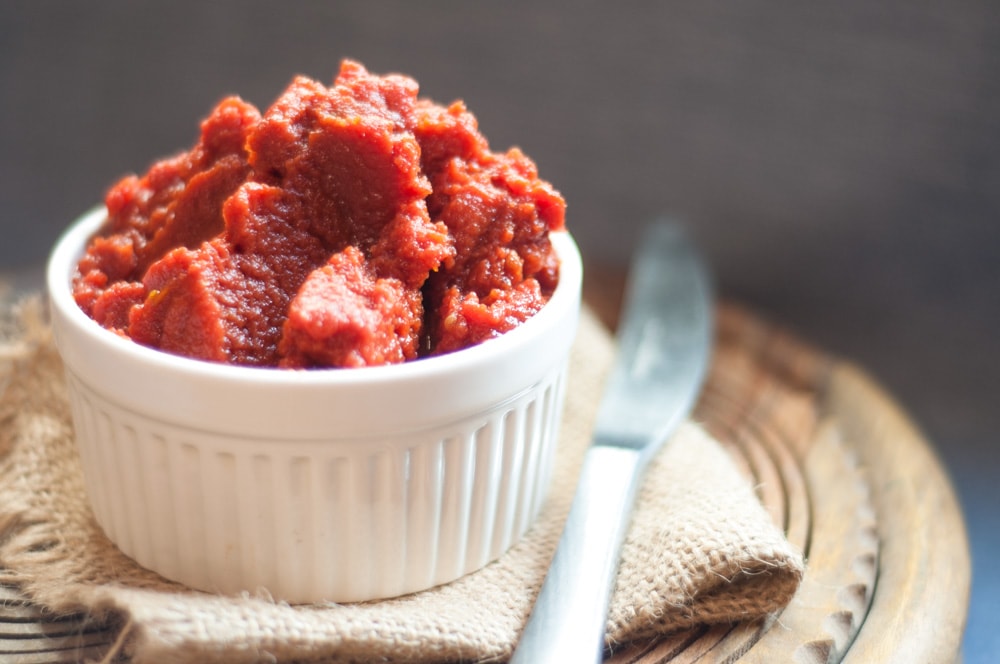Food safety is a growing concern worldwide, and recent research by scientists at the Department of Food Science and Technology of the Kwame Nkrumah University of Science and Technology (KNUST) has brought alarming news to light. Researchers have detected a harmful banned substance, Erythrosine (Red Dye No. 3), in some tomato pastes sold on the Ghanaian market.
What is Red Dye No. 3?
Red Dye No. 3, commonly known as Red Dye No. 3, is a synthetic red colourant used in various food products such as toffees, candies, and drinks. While it is permitted in some applications, it has been banned in many countries for certain uses due to its potential health risks. Studies have linked Red Dye No. 3 to hyperactivity in children and possible carcinogenic effects, prompting regulatory bodies such as the US Food and Drug Administration (FDA) and the European Food Safety Authority (EFSA) to impose restrictions on its usage.
Health Risks of Red Dye No. 3
The presence of this banned substance in tomato paste is particularly concerning because it is a staple ingredient in many households. Consumption of Red Dye No. 3 has been associated with several health risks, including:
- Hyperactivity and Behavioural Issues – Linked to increased hyperactivity in children.
- Thyroid Concerns – Studies suggest that high doses may contribute to thyroid tumours in animals.
- Potential Carcinogenicity – Some research has indicated a possible link to cancer.
- Allergic Reactions – Can cause sensitivities and adverse reactions in some individuals.
Implications for Food Safety in Ghana
The discovery of Red Dye No. 3 in tomato paste raises significant food safety concerns in Ghana. It highlights the need for stricter regulatory oversight, better quality control, and consumer awareness. Authorities must take swift action to investigate and remove affected products from the market to protect public health.
What Consumers Can Do
- Check Labels – Always review ingredient lists for artificial colourants.
- Buy from Trusted Brands – Opt for well-known and certified brands.
- Report Suspicious Products – Notify food regulatory authorities if you suspect contamination.
Food safety is a shared responsibility between regulators, manufacturers, and consumers. With stricter enforcement and greater awareness, Ghana can ensure that its food supply remains safe and free from harmful substances.

